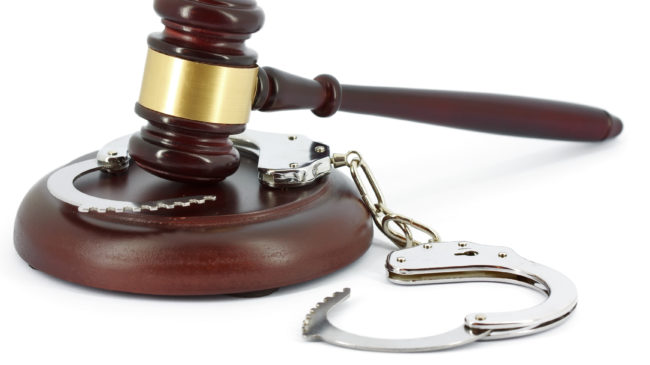Nevada Ballot Question 3: Nevada State Board of Pardons Commissioners Amendment
Summary:
The Nevada State Board of Pardons Commissioners approves or denies pardons for criminal offenses. The board is composed of the governor, attorney general, and the seven state Supreme Court justices. Ballot Question 3 would make changes to the board’s administration and procedures. Specifically, Question 3 would:
- Change board meetings from twice per year to four times per year.
- Still require a majority vote to grant a pardon, but no longer require the governor to be one of the majority votes.
- Allow any member of the board to submit an issue for its consideration.
Fiscal Impact:
The Legislative Counsel Bureau’s fiscal staff determined that increasing the number of annual board meetings from two to four would cost $9,170 per fiscal year.
Proponents’ Arguments For
Question 3 would address serious issues with the process of issuing pardons in Nevada. The state’s prisons are overcrowded and Nevada could reduce its incarcerated population by instructing the Nevada State Board of Pardons Commissioners that issues pardons to meet on a more frequent schedule and grant additional pardons. Supporters say that by only meeting twice a year, the board lets meritorious petitions for pardons languish, and more frequent meetings would allow more petitions to be considered. Question 3 would also improve the use of pardons where appropriate by ending the governor’s ability to veto a petition for clemency even if every other member of the Board agrees that a pardon is merited.
Opponents’ Arguments Against
There is no formal opposition to Question 3. During legislative committee hearings on Question 3, some legislators questioned if the current process for the Nevada State Board of Pardons Commissioners is broken. They argued that the board has existed without change since Nevada became a state in 1864 and claimed they had not heard public outcry about problems with the way the board currently functions.
Discussion
The Nevada State Board of Pardons Commissioners includes the governor, attorney general, and seven justices from the state supreme court. The Nevada Constitution provides that a majority of these individuals must agree for any pardon to be granted, and the governor must be among the majority. In effect, the governor has singular veto power over the other members of the committee.
Ballot Question 3 would change this dynamic by allowing a simple majority of the committee to approve a pardon even if the governor is not among the majority. Nevada is among the 10 states that use a state pardons board to make decisions regarding pardons, although only in four of these states (Florida, Minnesota, Nebraska, and Nevada) does the governor sit on the pardons board. Only Florida and Nevada currently use a pardons board and require the governor to be among the majority in deciding to grant a pardon. Ballot Question 3 would thus align Nevada with states like Minnesota and Nebraska, as states that instruct the governor to sit on a pardons board without giving the governor unilateral veto power.
Question 3 was considered by the legislature in the context of broader criminal justice reforms and they also discussed creating a clemency board that would comprise partly nonelected individuals knowledgeable in the area of criminal justice who could research and make recommendations on individual cases. However, these provisions are not included in the proposed amendment.
This ballot question is a legislatively referred constitutional amendment that would take effect if passed by a majority vote in 2020. It has already been approved by the Nevada legislature in subsequent legislative sessions, in 2017 and 2019, and secured unanimous support in the State Senate.

